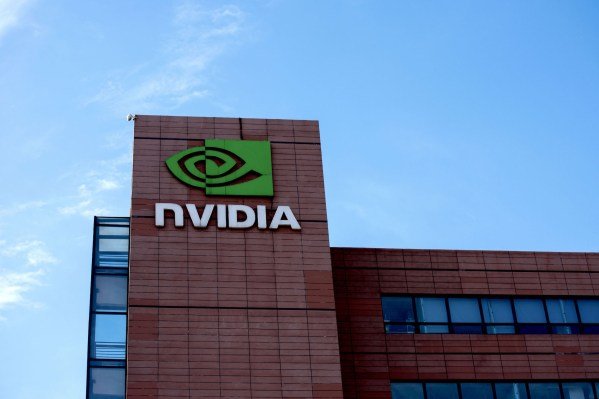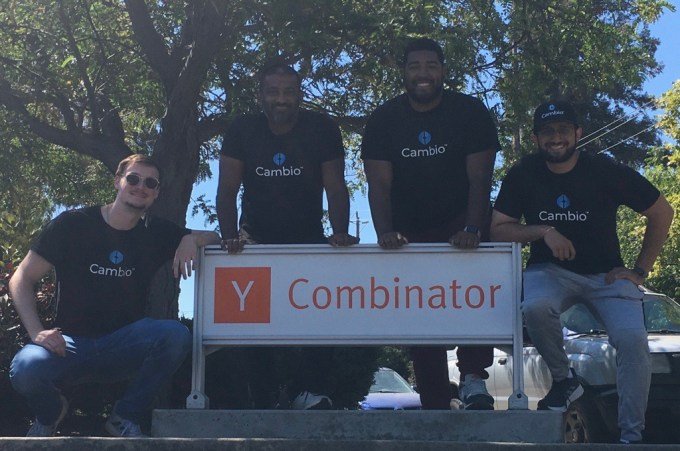It’s easy to lose track of the fact that robotics is as much a software problem as a hardware one. The programming understandably gets overshadowed by the alure of mechatronics, but without the proper software solution, you’ve got little more on your hands than an expensive paper weight. The road to widespread robotics adoption is fraught with unexpected problems that can ultimately hamper real-world use. There are plenty of problems in search of software solutions.
Jacobi Robotics was founded in 2022 with one specific problem in mind: singularities. Confusingly, the word means something wholly different to robotics than it does in the world of Ray Kurzweil’s AI advancement projection.
In robot-land the concept is far more subtle, while requiring some real knowledge of the category to fully understand. It’s the sort of term one rarely encounters outside of research papers. It is, however, a very real issue with real-world implications.
“Singularities are the Achilles’ heel for industrial robots,” Jacobi notes. “In repetitive tasks, where the robot follows the same motions repeatedly and blindly, robots can be programmed to avoid singularities through weeks of tedious manual fine-tuning of robot paths. But for many robot applications, the robot paths must be modified periodically due to small changes in materials or thermal expansion.”
If you’re at all familiar with robotics hardware, you’ve likely heard the term “degrees of freedom” in reference to, say, a robot arm with six or seven degrees of freedom. This refers to the system’s joints and the axes along which those joints are capable of moving. Singularities are points in space where the robot cannot move. When that happens, a human generally needs to intervene to get things up and running again.
Jacobi Robotics takes its name from the Jacobian matrix, which — in turn — is a reference to pioneering nineteenth century German mathematician, Carl Jacobi. In the world of robotics, the concept refers to the relationship between the velocities of joint and end effectors. To further simplify something I’ve already oversimplified, the concept and the company named after it are concerned with robot path planning.
Jacobi Robotics was founded by a quartet of UC Berkeley robotics students, along with professor Ken Goldberg. Along with serving as the company’s chief scientist, Goldberg is also a co-founder of package sorting robotics company Ambi Robotics, so he’s been through this rodeo before.
To start, the team is focused almost exclusively on the issues around singularities, which can stop a robot dead in its tracks at unpredictable times. In the world of robotic arms, this presents a big issue for key applications, like bin picking, package sort, palletizing — more or less the key things we talk about when we talk about industrial robots.
Jacobi has been in pilots with select partners. That list includes automation deployment firm Formic, as well as a larger consumer electronics firm the company isn’t quite ready to name just yet (you know how these sorts of things go in the corporate world). According to Formic, Jacobi’s approach to attacking singularities has significantly reduced deployment times, even in this early stage. It’s certainly in a startup like Formic’s best interest to address as many potential problems during the deployment process, rather than having to send technicians in after the fact.
Along with Goldberg, the company’s founders include CEO Max Cao, CPO Yahav Avigal, Chief Architect Lars Berscheid and Chief Roboticist Jeff Ichnowski (who also serves as an assistant professor at CMU’s Robotics Institute). Jacobi closed a $1 million pre-seed in early 2023 and is currently focused on raising a proper seed as it looks to bring its solution to market. Current investors include Swift Ventures and Berkeley SkyDeck, the UC Berkely accelerator, which included the startup as part of recent demo day.
The software currently offers support for a number of the biggest robotics arms vendors, including ABB, Fanu, Universal and Yaskawa.




